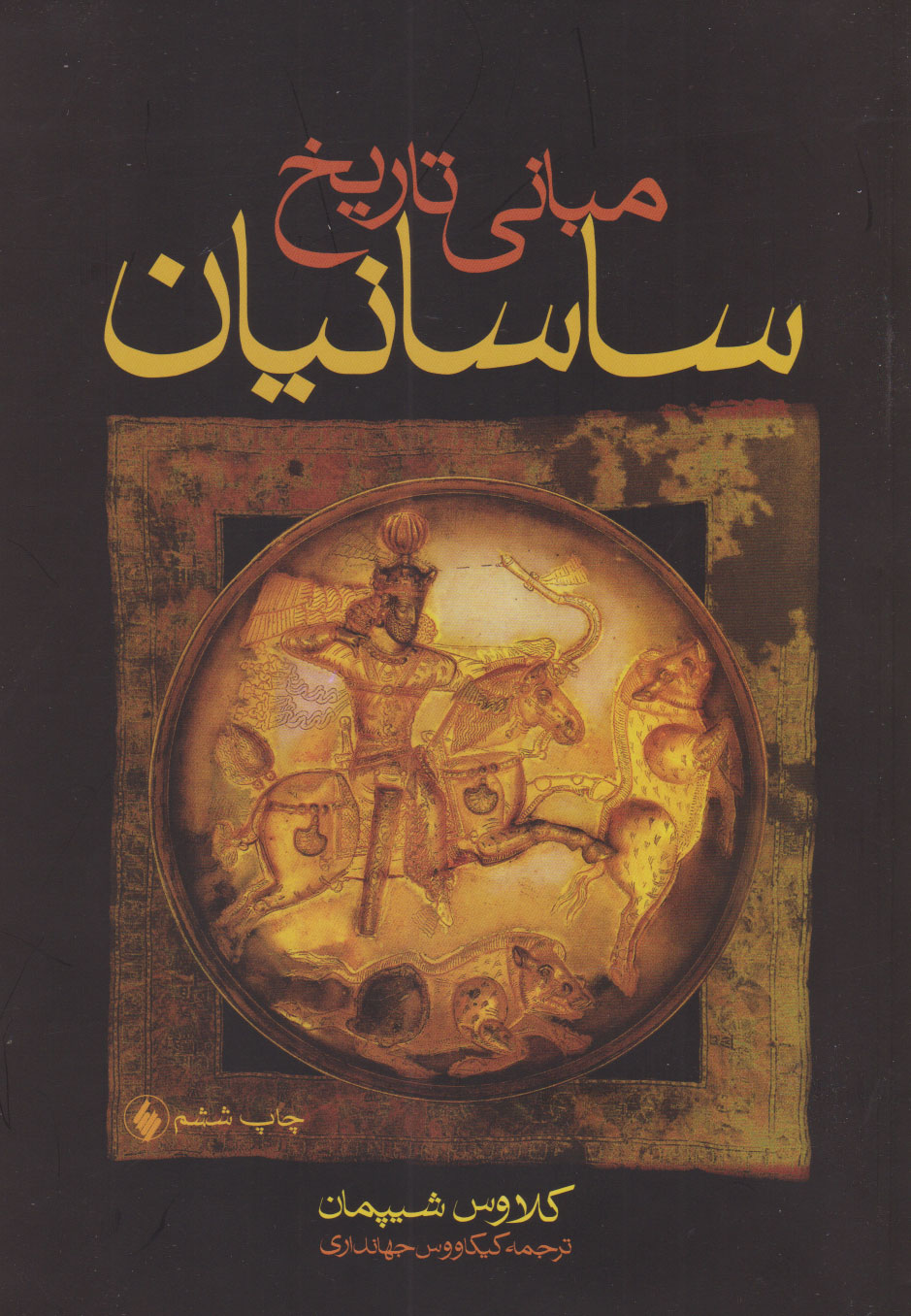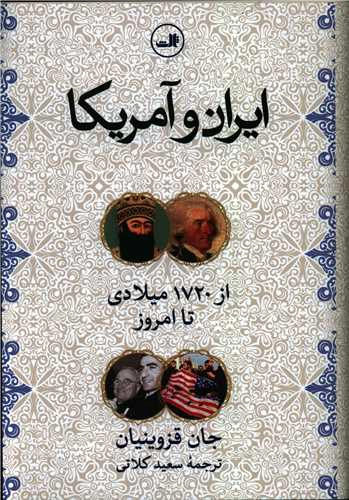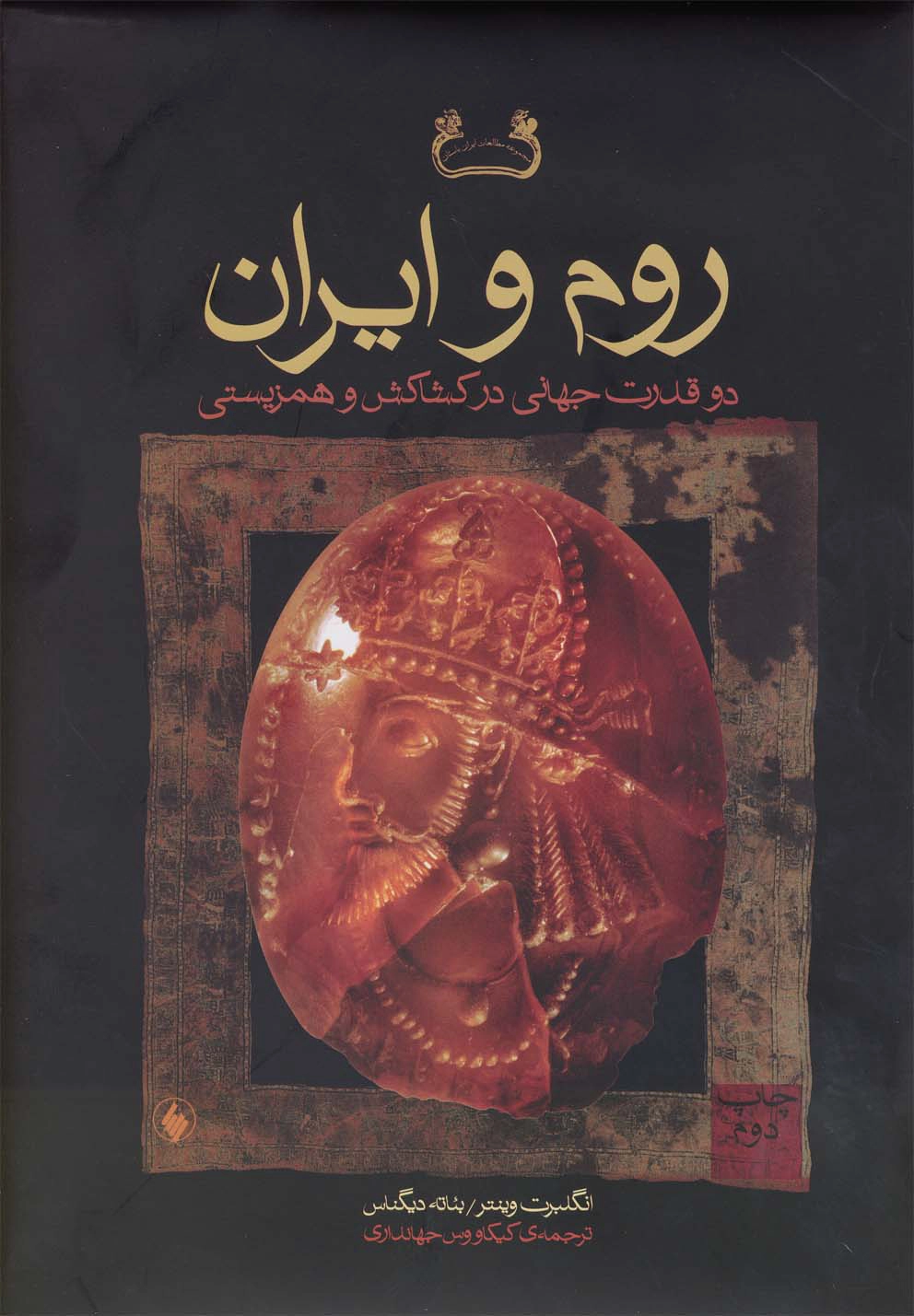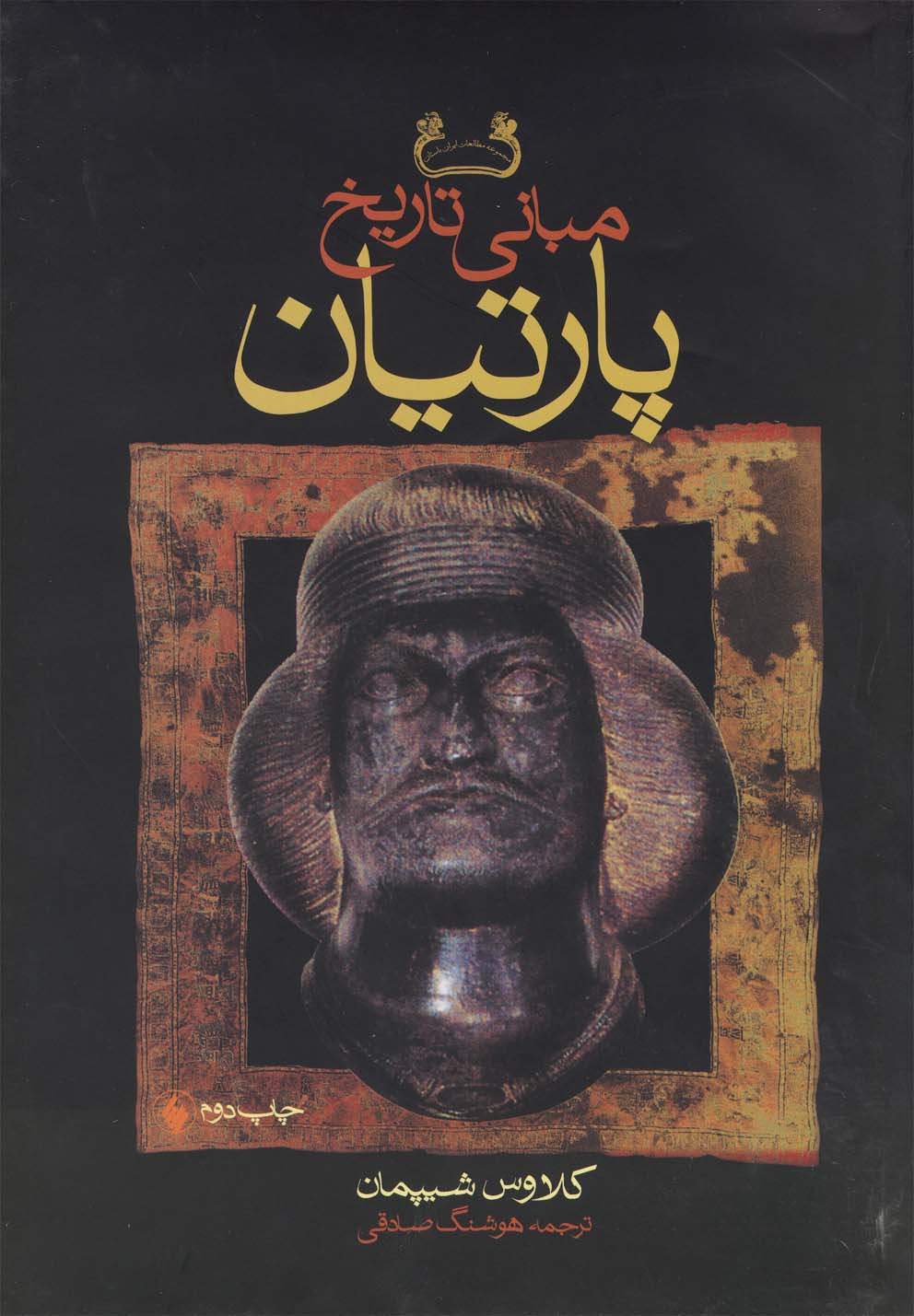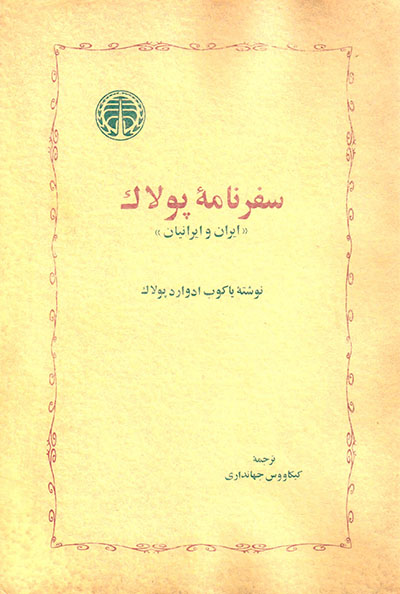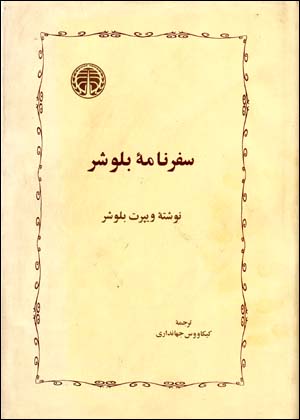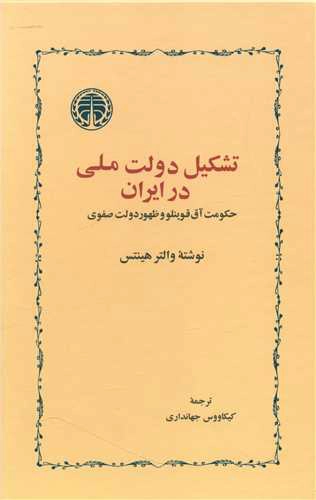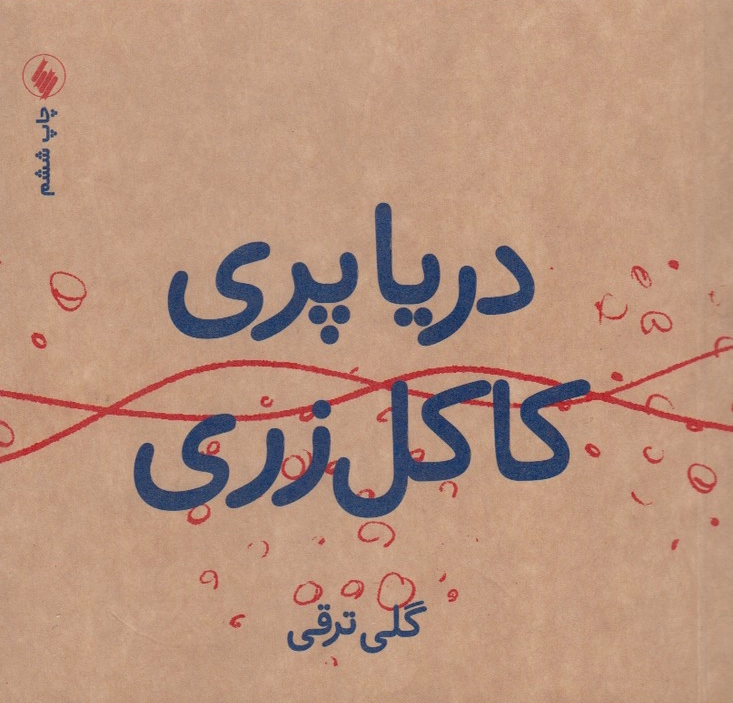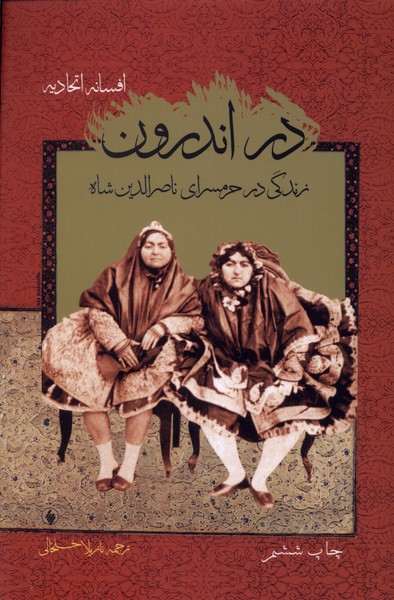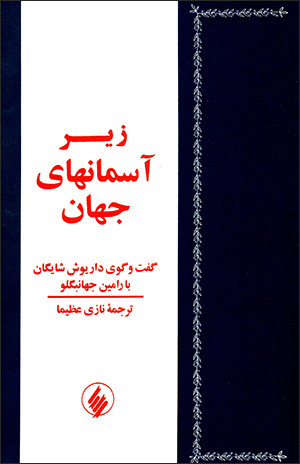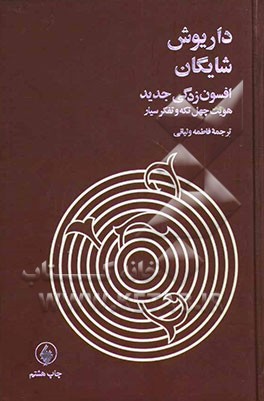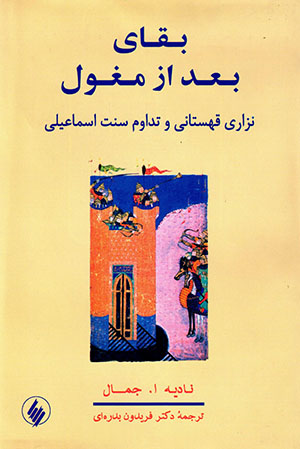Mabānī-yi Tārīkh-i Sāsānīyān Persiska (Farsi) 2023
مبانی تاریخ ساسانیان: مبانی تاریخ ساسانیان
The Sasanian Empire, officially known as the Empire of the Iranians, existed prior to the early Muslim conquests of the 7th–8th centuries CE. Named after the House of Sasan, it endured for more than four centuries, from 224 to 651 CE, making it the longest-lasting imperial dynasty in Iranian history. The Sasanian Empire succeeded the Parthian Empire and reestablished Iran as a major power of Late Antiquity, standing alongside its great rival, the Roman Empire (and later the Byzantine Empire after 395 CE). The book The Foundations of Sasanian History focuses on this significant period in Iranian history.
The empire was founded by Ardashir I, an Iranian ruler who rose to power amid the decline of the Parthians, weakened by internal strife and wars with Rome. After defeating the last Parthian king, Artabanus IV, at the Battle of Hormozdgan in 224 CE, Ardashir established the Sasanian dynasty and sought to revive the legacy of the Achaemenid Empire through the expansion of Iranian territories. At its greatest extent, the Sasanian Empire encompassed all of present-day Iran and Iraq, stretching from the eastern Mediterranean (including parts of Anatolia and Egypt) to areas of modern-day Pakistan, and from southern Arabia to the Caucasus.
امپراتوری ساسانی که رسما به عنوان امپراتوری ایرانیان شناخته می شود قبل از فتوحات اولیه مسلمانان در قرن هفتم تا هشتم میلادی بود. این خاندان که به نام خاندان ساسان نامگذاری شد، بیش از چهار قرن، از سال 224 تا 651 پس از میلاد، دوام آورد و آن را به طولانیترین سلسله امپراتوری ایرانی تبدیل کرد. امپراتوری ساسانی جانشین امپراتوری اشکانی شد و ایرانیان را به عنوان یک قدرت بزرگ در اواخر دوران باستان در کنار رقیب همسایه خود، امپراتوری روم (پس از 395 امپراتوری بیزانس) دوباره تأسیس کرد. کتاب "مبانی تاریخ ساسانیان" در واقع به این دوره از تاریخ ایران می پردازد.
این امپراتوری توسط اردشیر اول، فرمانروای ایرانی که با ضعیف شدن پارت از درگیری ها و جنگ های داخلی با رومیان به قدرت رسید. پس از شکست دادن آخرین شاهنشاه اشکانی، آرتابانوس چهارم، در نبرد هرمزگان در سال 224، سلسله ساسانیان را تأسیس کرد و با گسترش قلمروهای ایران به بازسازی میراث امپراتوری هخامنشی پرداخت. امپراتوری ساسانی در بزرگترین گستره سرزمینی خود، تمام ایران و عراق کنونی را در بر میگرفت و از شرق مدیترانه (شامل آناتولی و مصر) تا بخشهایی از پاکستان امروزی و همچنین از بخشهایی از جنوب عربستان تا قفقاز امتداد داشت.

